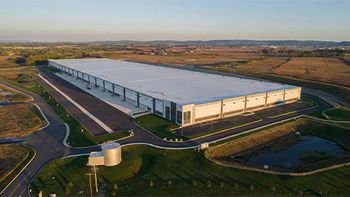
University-based consortium will develop standards for biomarker-based diagnostics
Efforts of the National Biomarker Development Alliance will address the 'dismal' success rate of approved biomarker diagnostics
Biomarkers—signals that a disease is in a specific state, or that an individual’s personal genome creates a susceptibility or resistance to a given therapy—are one of the more exciting elements of today’s drug discovery, especially in cancer therapy. Despite all the buzz, however, fewer than 100 biomarker tests have any widespread validity, and FDA is approving new biomarker diagnostics at a rate of about 1.5 per year. Those statistics, from the leadership of a newly announced National Biomarker Development Alliance (nbda-network.org) are the rationale for setting up a consortium of industry, academia and payers to create standards for evaluating the effectiveness of biomarker diagnostics.
“A ‘discovery’ does not mean that the technical process was robust, that the findings could be independently reproduced, or that they measure a meaningful change in biology that addresses clinically meaningful questions," noted Dr. George Poste, interim chief science officer of NBDA, professor at Airzona State University (ASU; Phoenix), in a statement. He noted that there have been nearly 150,000 papers published, detailing thousands of biomarkers, but only a small number are in conventional medical practice. (It is likely that a larger number are employed in clinical research, but the challenge there is to bring that research to commercial reality.)
NBDA is being set up under the auspices of ASU, and will be led by Dr. Anna Barker, a faculty member, and former deputy director of the National Cancer Institute. Chief Medical Officer will be Dr. Carolyn Compton, also of ASU and former president of the Critical Path Institute. Near-term goals are to develop standards around four classes of biomarkers: genomics, proteomics, imaging and “complex biomarkers.” It intends to set up a biorepository of biomarkers, a network to reproduce biomarker results, and a common biomarker database. Details on funding were not published.
Coincidentally, ASU also announced a new academic program: The International School of Biomedical Diagnostics, which will be open for students next fall. The program is being developed jointly with the Dublin (Ireland) City University, which has an existing Biomedical Diagnostics Institute.
Newsletter
Stay ahead in the life sciences industry with Pharmaceutical Commerce, the latest news, trends, and strategies in drug distribution, commercialization, and market access.




